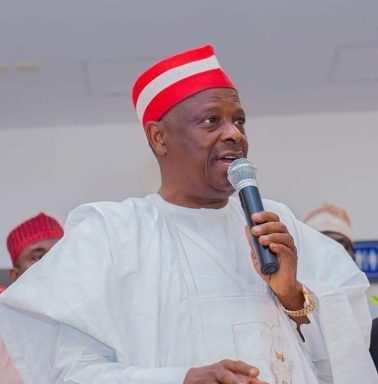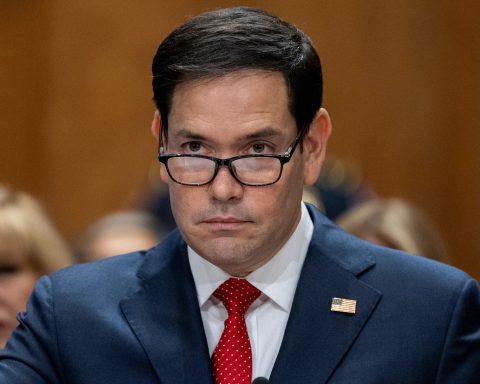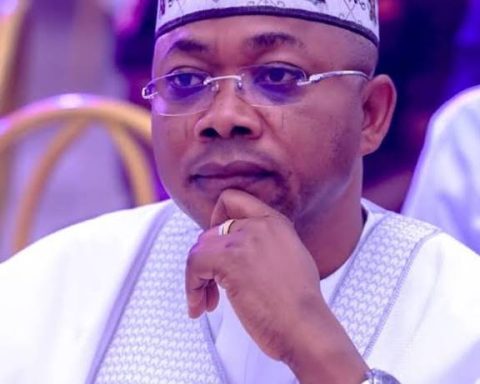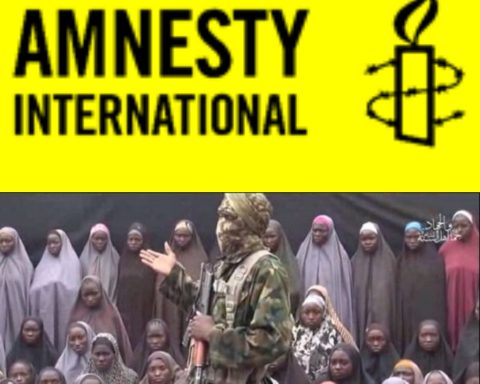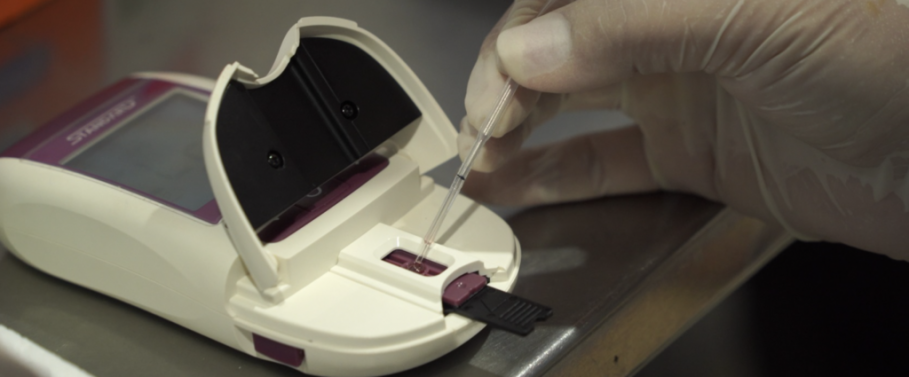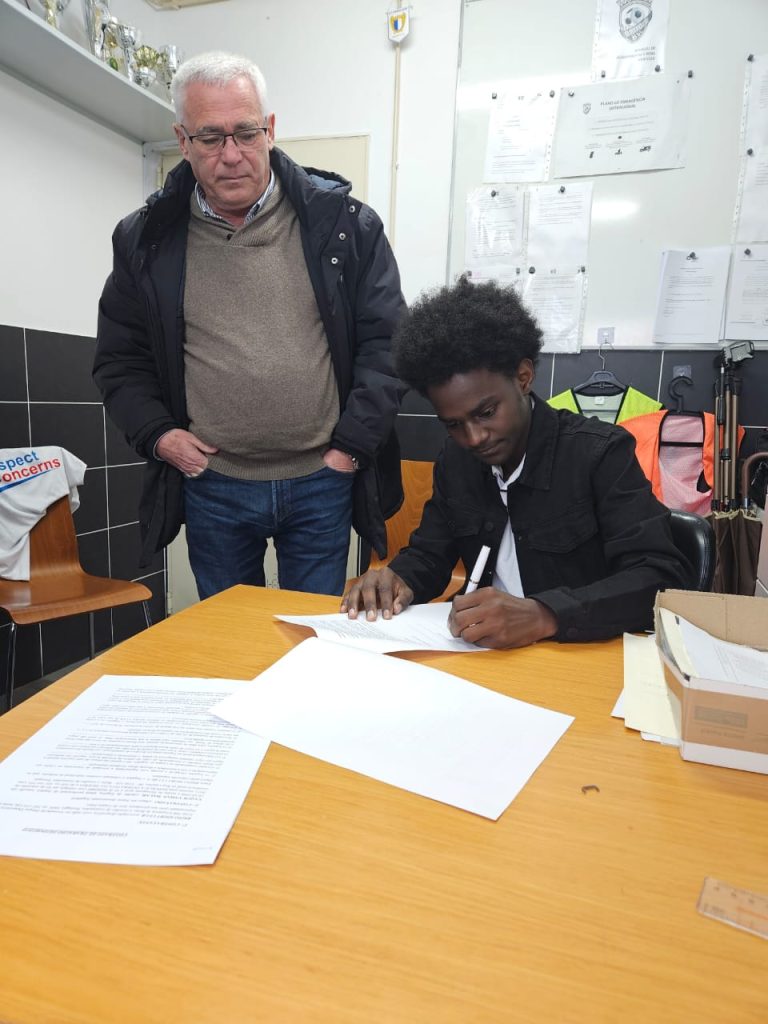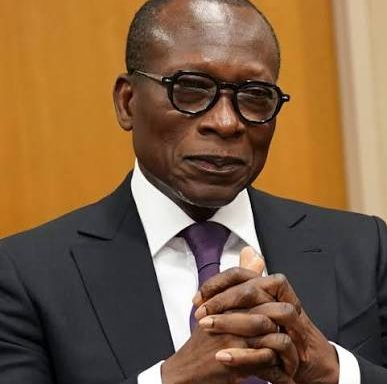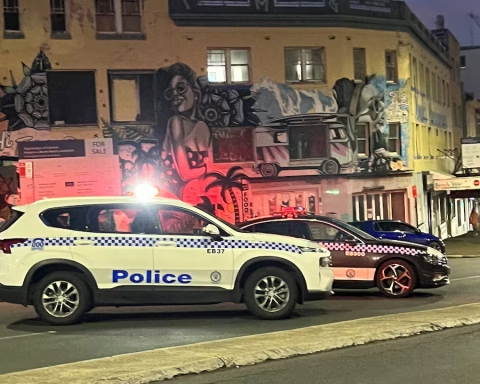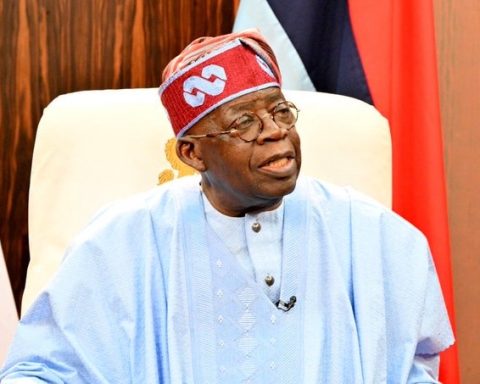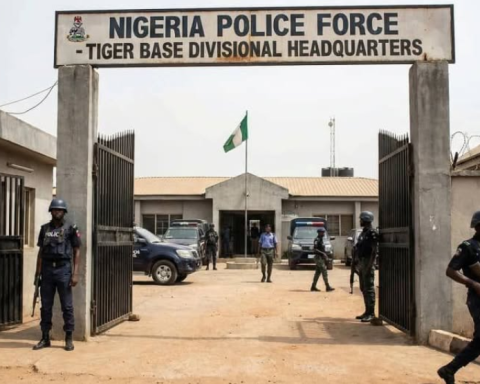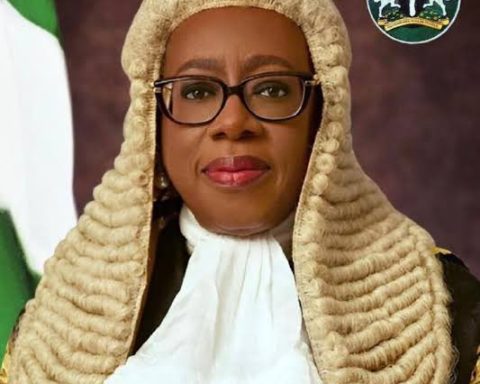The Human Rights Writers Association of Nigeria (HURIWA) has criticised Nigeria’s security agencies over failure to tackle Boko Haram terrorists in the country.
The rights advocacy group expressed concerns over the recent revelation by the Chief of Defence Staff, General Christopher Musa, about the inability of Nigerian intelligence agencies to trace and disrupt the funding and training networks sustaining Boko Haram for over 15 years in the country.
Join our WhatsApp ChannelHURIWA described the situation as a damning indictment of the country’s intelligence institutions and a troubling failure to justify their substantial annual budgets.
Prime Business Africa reports that in an interview with Al-Jazeera recently, General Musa reportedly emphasised the need for a United Nations-led investigation into the international flow of funds to Boko Haram. He questioned how insurgents managed to sustain themselves financially and operationally for such an extended period and suggested the possibility of international conspiracies at play.
HURIWA said it is quite appalling that despite having robust intelligence institutions, Nigeria is unable to detect or prevent financial and logistical support for insurgent groups.
The group noted that the Directorate of Military Intelligence (DMI), Department of State Services (DSS), and Nigerian Intelligence Agency (NIA) are charged with crucial responsibilities of ensuring national security.
However, their apparent failure to address Boko Haram’s funding raises fundamental questions about their operational effectiveness.
READ ALSO: HURIWA Flays N10bn Rent Allocation for National Assembly Leaders In FCT Budget
“The DMI is responsible for gathering, processing, and disseminating military intelligence to support Nigeria’s armed forces. The DSS is tasked with internal security, including counterintelligence and the prevention of sabotage, espionage, and terrorism. The NIA is mandated to handle foreign intelligence and counterintelligence. Together, these agencies are meant to form a comprehensive intelligence apparatus capable of addressing national security threats,” HURIWA said.
It lamented that despite these institutional frameworks, Boko Haram continues to thrive, now deploying advanced technologies like drones for surveillance.
READ ALSO: Anambra Insecurity: HURIWA Calls For Urgent Reforms
HURIWA questioned whether the enormous resources allocated to these agencies are being effectively utilized or wasted. The association also raised concerns about possible corruption, inefficiencies, and lack of accountability within these institutions, urging a thorough audit of their operations.
It said that General Musa’s remarks about the difficulty in procuring military equipment further underscored the broader systemic challenges facing Nigeria’s defence and security sector. The CDS lamented that “even with available funds, acquiring critical military equipment has proven difficult.”
HURIWA asked whether the bottlenecks in procurement are a result of bureaucratic inefficiencies or external sabotage, calling for urgent reforms to address these barriers.
It criticised the government’s apparent reliance on external interventions, such as the proposed UN investigation, to address internal security challenges. While acknowledging the value of international cooperation, the association emphasised that “the primary responsibility for safeguarding Nigeria lies with its own institutions.” The failure to detect and disrupt the funding and training networks of Boko Haram “is not only a failure of intelligence but also a betrayal of the Nigerian people who bear the brunt of the insurgency’s devastating consequences.”
The group also observed that there is lack of transparency and accountability in the operations of Nigeria’s intelligence agencies. It called for comprehensive reforms to enhance inter-agency coordination, adopt advanced technologies for intelligence gathering, and ensure that public funds allocated to these agencies yield tangible results.
HURIWA described the situation as “a national embarrassment,” stating that “the inability of Nigeria’s intelligence agencies to uncover and disrupt Boko Haram’s funding networks undermines the country’s sovereignty and global standing.” The association urged the government to demonstrate a genuine commitment to reform by holding the leadership of these agencies accountable for their performance.
The association further highlighted the broader implications of these failures, particularly on the safety and well-being of Nigerians. “Boko Haram’s sustained insurgency has resulted in thousands of deaths, displacement of communities, and economic instability. The lack of effective intelligence has perpetuated this cycle of violence, leaving citizens vulnerable and eroding trust in the government’s ability to protect them.”
HURIWA concluded by calling on the federal government to immediately address these shortcomings. The association stressed that “a robust and transparent intelligence framework is critical to defeating Boko Haram and other security threats.” Without significant reforms, Nigeria risks prolonging its security challenges and undermining its development and stability.
The association reiterated its call for accountability, urging Nigerians to demand better governance and oversight in the management of the country’s intelligence and security apparatus.



